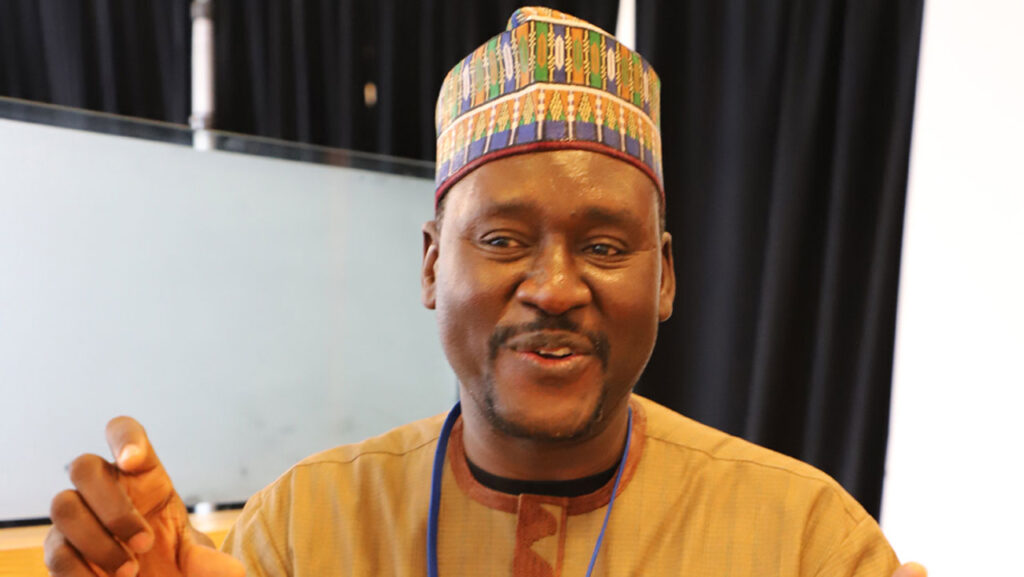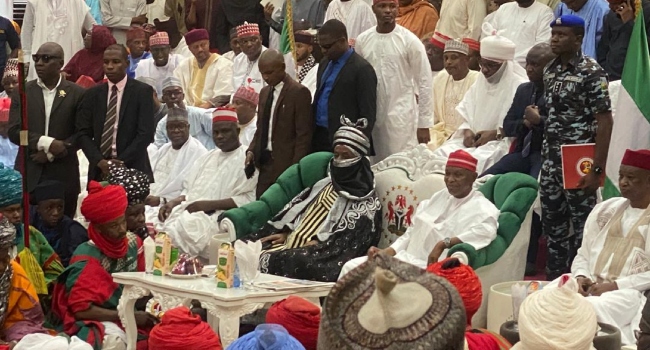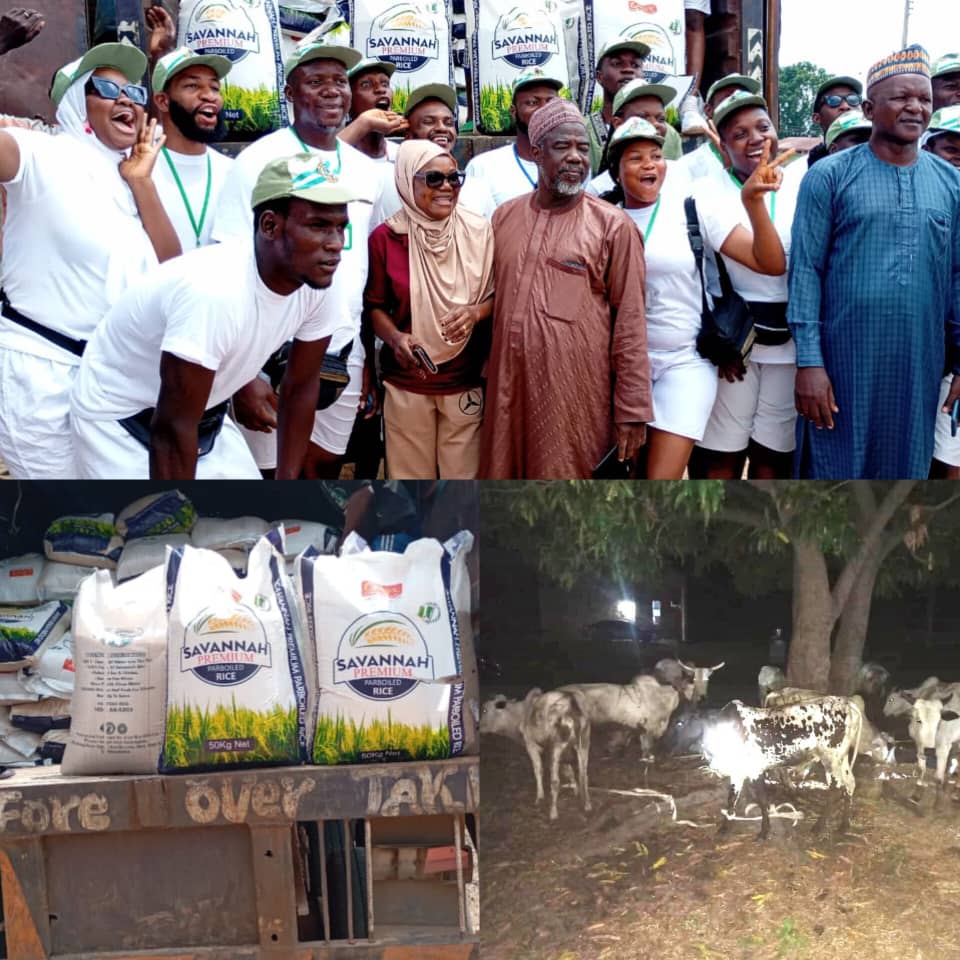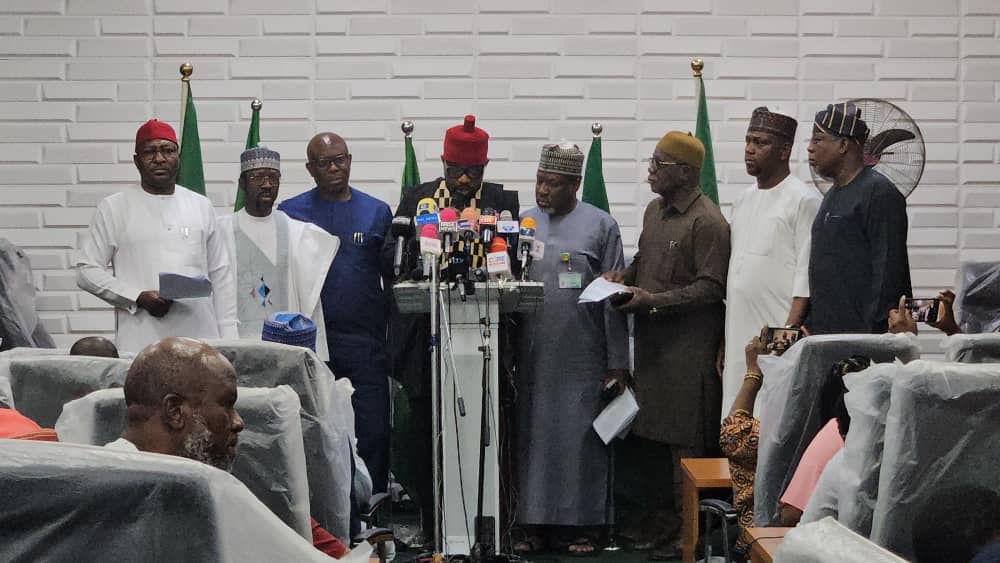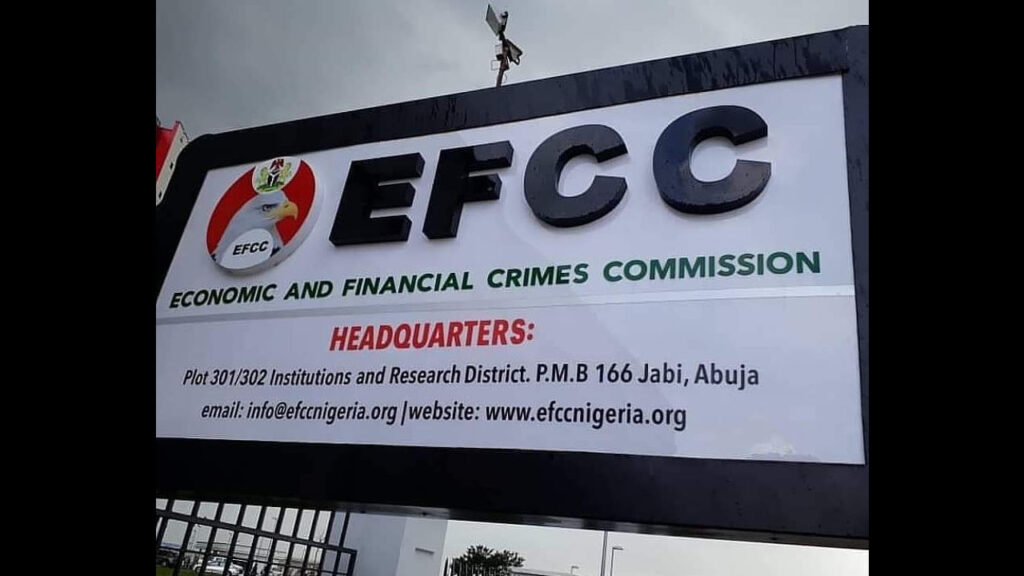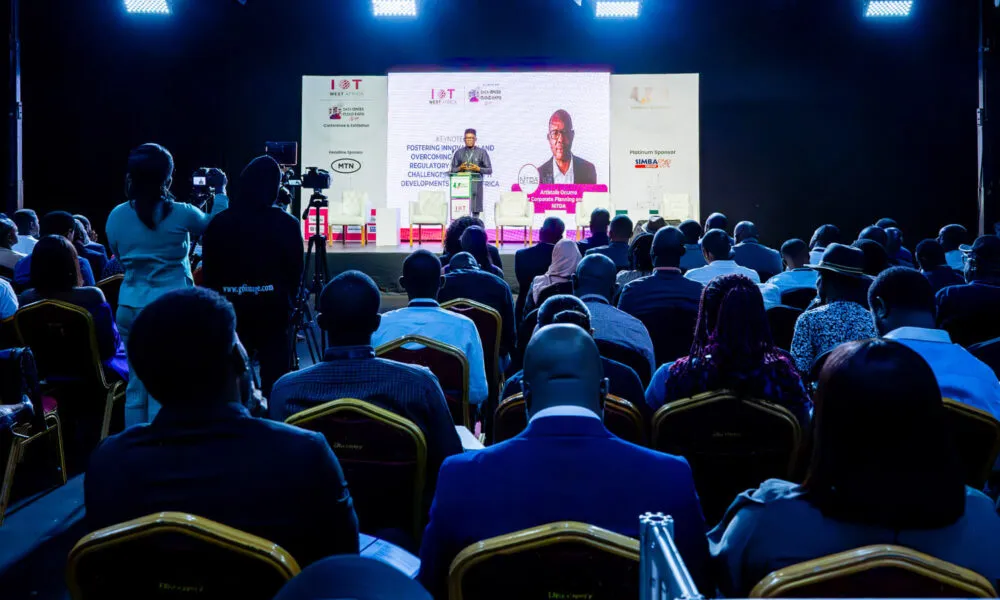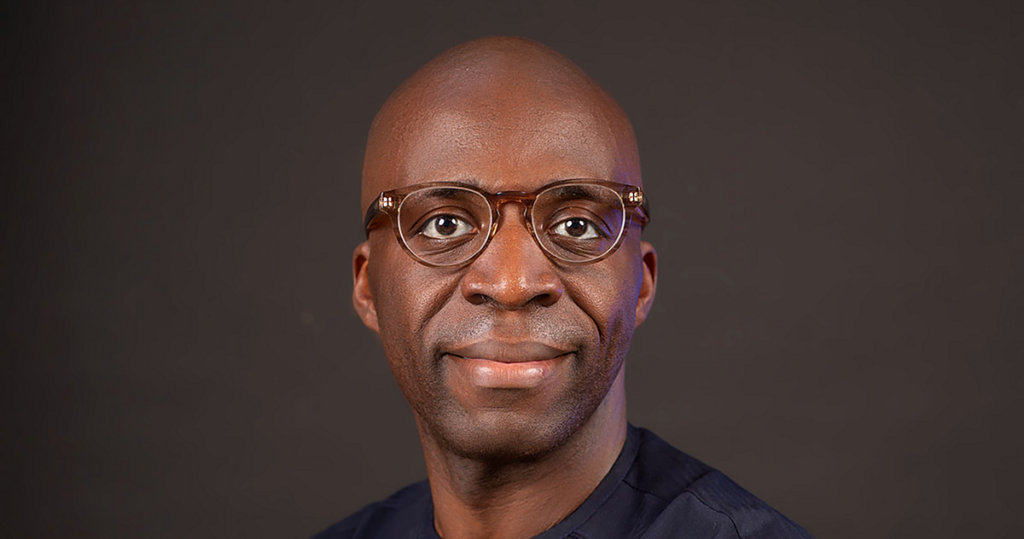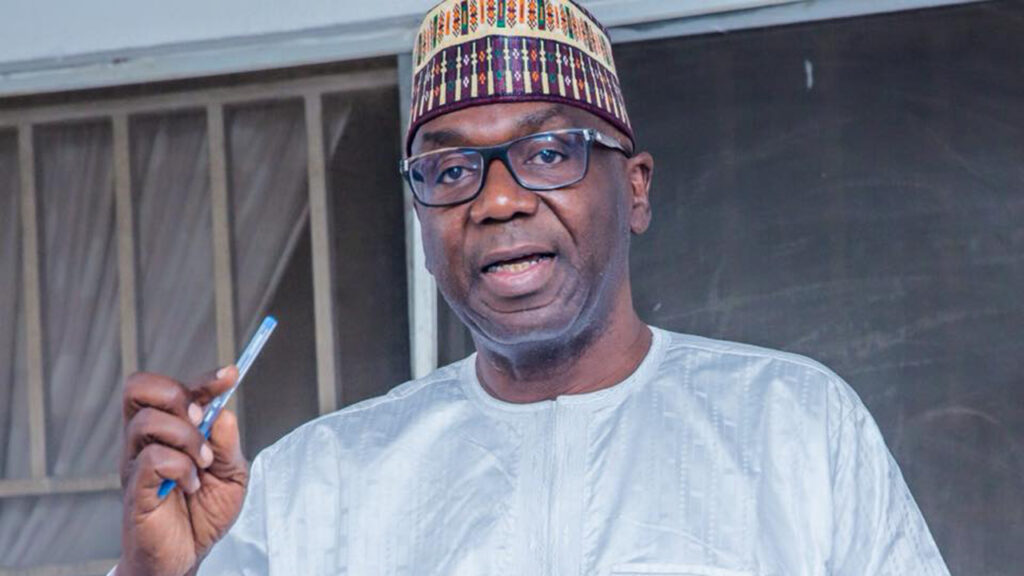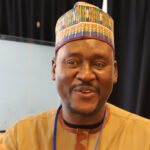
Presidency alone can’t stop corruption, says PACAC
Civil Society Legislative Advocacy Centre (CISLAC) says Nigeria has been losing about $18 billion yearly as a result of Illicit Financial Flows (IFFs) encouraged by multinationals and foreign countries.
The organisation said the loss was largely due to tax evasion, fuelled by grand corruption, organised crime and other licit and illicit practices.
Executive Director and CISLAC and Transparency International, Nigeria, Mr. Auwal Rafsanjani, stated this yesterday in Abuja, at IFFs conference on corruption in arbitration.
He observed that although Nigeria might be an extreme case, the menace was replicated throughout Africa.
According to him, a recent United Nations (UN) panel calculated that for every one dollar gained through Foreign Direct Investment (FDI) and oversees development aid, Africa loses two dollars because of illicit financial outflows.
Citing the Process & Industrial Developments Limited (P&ID) arbitration case where Nigeria was ordered to pay the firm $6.6 billion plus interest, Rafsanjani pointed that such inadequacy was possible because Nigerian public contracts, especially those in the resource sector, were shrouded in secrecy.
He lamented that while the P&ID case was proceeding, Nigeria had already suffered enormous economic and reputational damage.
The Chairman, Economic and Financial Crimes Commission (EFCC), Abdulrasheed Bawa, pointed out that corrupt leaders, their foreign accomplices and multinational companies perpetrate IFFs in Nigeria.
MEANWHILE, the Executive Secretary, Presidential Advisory Committee Against Corruption (PACAC), Mr. Sadiq Radda, has argued that the country will not make progress until corruption is defeated.
Noting that President Muhammadu Buhari and Vice President Yemi Osinbajo alone could not fight corruption, Radda maintained that the legislature, judiciary, religious leaders, civil society organisation and other stakeholders had roles to play in the fight against corruption.
“Nobody needs to be told that corruption has literally decimated our country and everybody is paying the price. Therefore, fighting corruption is not a choice but a necessity. For future generations to have a country, we have to work for them today, and working for them requires to fight corruption,” he stated.

